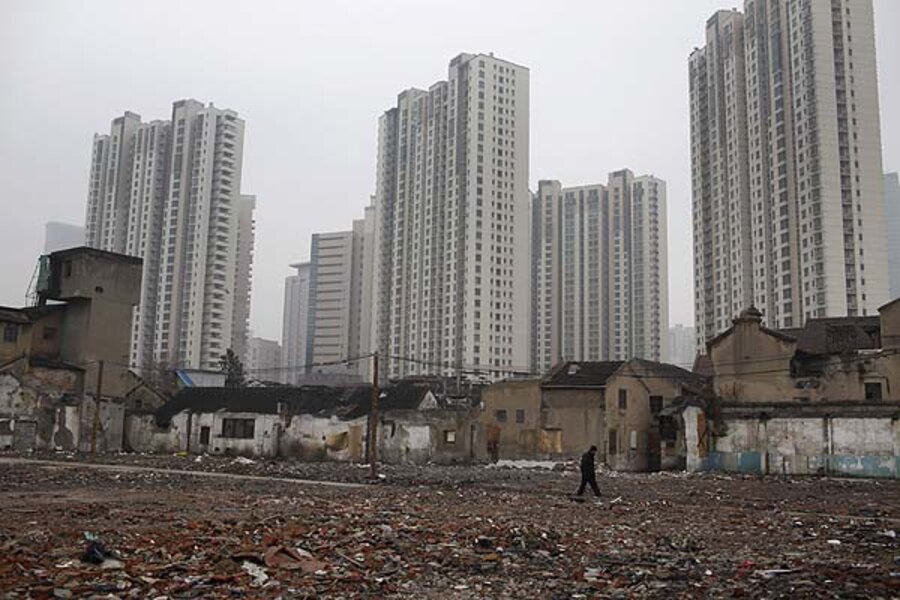Alaistair Chan, economist, Moody's Analytics:
A hard landing remains an ever-present risk for China’s economy but our base case remains an orderly deceleration in growth.
The main near-term risk for China is the property market. Anecdotes abound of falling prices in the primary market and falling transactions in the secondary one. In our view, this is wholly expected: The government is still clearly willing to bear the consequences of tight restrictions and a slowdown in the market to deflate the housing bubble.
Beijing has plenty of options if it decided to offset a housing bust. Its fiscal position is strong. Along with reversing the property market restrictions, it has the capacity to offset any fiscal problems arising from local governments. Banks would almost certainly need to be bailed out, but the government has had prior experience. Chinese wages are lower than Japan's in the early 1990s, and there is a structural trend of higher inflation, which gives monetary policy greater room to move and reduces the risk of a liquidity trap.





